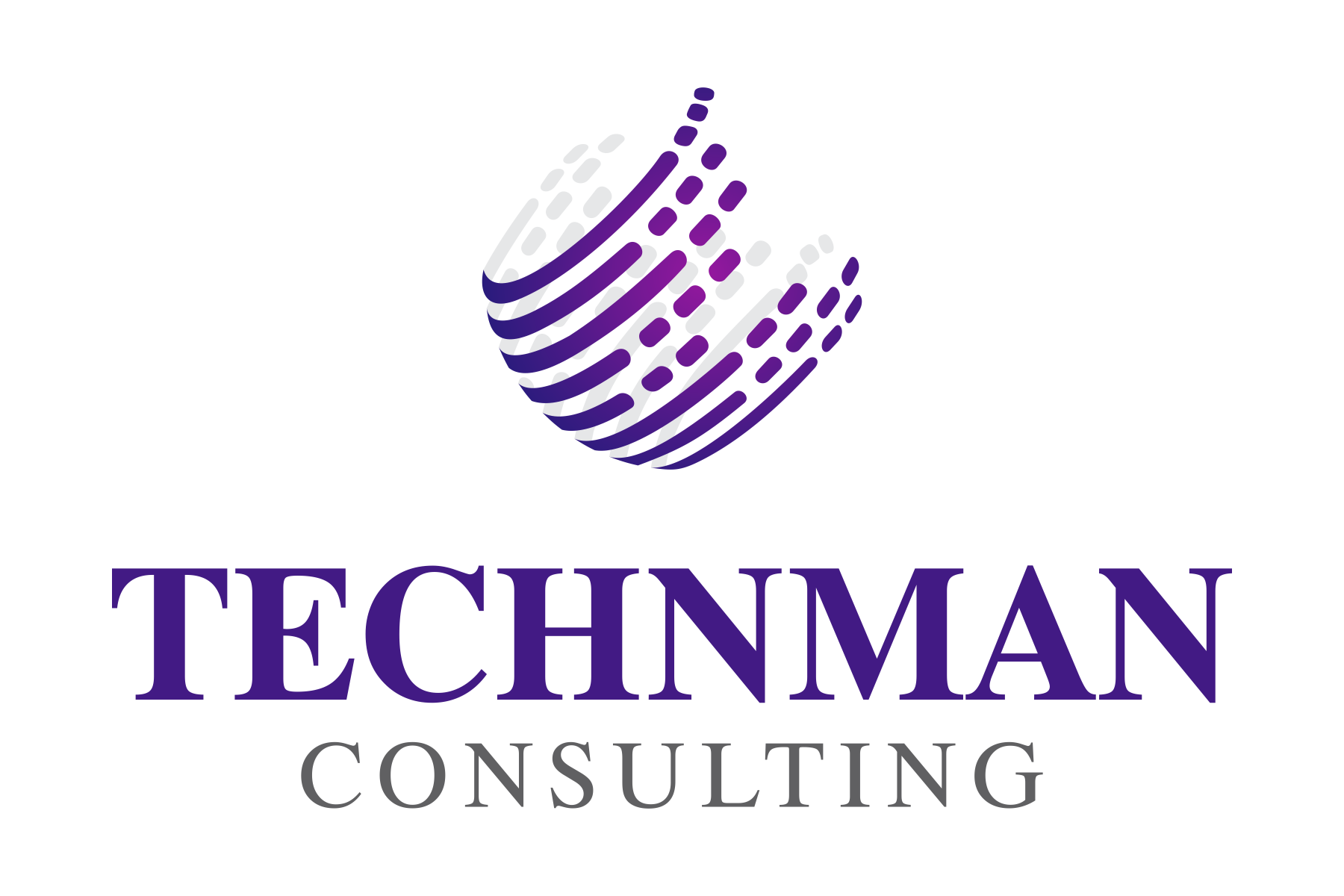Introduction:
In the dynamic landscape of software development, a Java developer training and placement certification stands as a testament to one’s proficiency in Java programming. Aspiring developers often embark on the journey of certification not only to validate their skills but also to unlock new opportunities in the competitive tech industry. This article serves as a comprehensive guide, outlining a roadmap for Java developer certification preparation and offering insights into the key elements that pave the way to exam success.
The Importance of Java Developer Certification
Java, with its robust features and widespread application, continues to be a cornerstone of software development. A Java developer certification adds a layer of credibility to a developer’s skill set, demonstrating a mastery of Java concepts, best practices, and application in real-world scenarios.
1. Choosing the Right Certification Path
The journey begins with a crucial decision: selecting the most fitting certification path. Java certifications are diverse, catering to various aspects of Java development, including standard editions, enterprise editions, and specialized domains such as web services and mobile applications. Aspiring certified developers need to align their career goals with the certification that best suits their aspirations and expertise.
2. Grasping Java Fundamentals: Building a Strong Foundation
A solid foundation in Java fundamentals is the bedrock of certification success. Certification exams often delve into core concepts such as syntax, data types, control flow, and object-oriented programming (OOP) principles. Comprehensive Java developer training and placement, focused on mastering these fundamentals, lays the groundwork for tackling more advanced topics covered in certification exams.
3. Exploring Advanced Java Concepts: Going Beyond the Basics
Certification exams delve into advanced Java topics, including multithreading, exception handling, and file I/O operations. Training modules should provide in-depth coverage of these advanced concepts, enabling developers to navigate complex scenarios and demonstrate a holistic understanding of Java programming. Practical exercises and real-world examples enhance the learning experience.
4. Hands-On Projects: Applying Theoretical Knowledge
Certification preparation should extend beyond theoretical learning. Engaging in hands-on projects, whether individual or collaborative, allows developers to apply theoretical knowledge to real-world scenarios. These projects simulate the challenges encountered in professional settings, fostering a deeper understanding of Java development principles and practices.
5. Mastering Java APIs and Libraries: Enhancing Application Development
Certification exams often assess candidates’ proficiency in utilizing Java APIs and libraries. Developers should undergo training that familiarizes them with commonly used APIs, such as Java Collections Framework and Java Database Connectivity (JDBC). Mastery of these tools not only aids exam performance but also enhances developers’ capabilities in crafting efficient and scalable applications.
6. Exam Simulation and Practice Tests: Sharpening Exam Skills
Preparing for a Java developer training and placement certification involves acclimatizing to the exam format and question types. Exam simulation and practice tests, designed to mirror the actual certification exam, allow developers to assess their readiness, identify areas for improvement, and develop effective time-management strategies. Regularly taking practice tests is a pivotal component of a successful certification preparation strategy.
7. Stay Updated on Java Versions and Exam Changes
The field of technology is dynamic, with updates and changes occurring regularly. Aspiring certified developers should stay abreast of the latest Java versions, language enhancements, and any modifications to certification exam content. Keeping up with industry trends ensures that certification preparation remains relevant and aligns with the current state of Java development.
8. Leverage Online Resources and Community Support
The online realm is a treasure trove of resources for Java developer training placement certification preparation. From official Oracle documentation to community forums and online courses, developers can leverage a wealth of information to augment their learning. Engaging with the Java developer community, participating in forums, and seeking advice from those who have successfully obtained certifications contribute to a well-rounded preparation approach.
9. Time Management and Study Planning: A Balanced Approach
Certification preparation is not just about absorbing information; it’s about strategic time management and study planning. Developers should establish a study schedule that balances theoretical learning, hands-on practice, and review sessions. A disciplined approach ensures consistent progress and reduces the likelihood of last-minute cramming.
10. Practical Exam Day Strategies: Navigating the Certification Journey
On the day of the certification exam, practical strategies come into play. Arriving well-prepared and well-rested, managing time effectively during the exam, and maintaining composure in the face of challenging questions are essential elements. Confidence gained through thorough preparation is a key factor in navigating the certification journey successfully.
Conclusion: A Certification, A Career Milestone
In conclusion, Java developer certification preparation is a transformative journey that extends beyond exam success. It is a holistic learning experience that equips developers with a deep understanding of Java and its practical applications. A certification not only validates skills but also opens doors to career opportunities, professional growth, and a sense of accomplishment in the ever-evolving landscape of software development.
As developers follow this roadmap to exam success, they not only acquire the title of a certified Java developer but also position themselves as skilled professionals ready to contribute meaningfully to the diverse and dynamic field of Java development.





